10 Surprising Facts You Didn't Know About Everyday Life
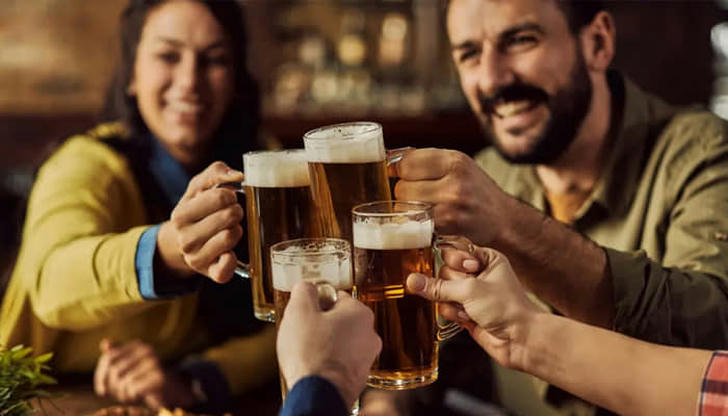
Today, I've compiled a list of 10 little-known facts you might not be aware of, covering a variety of interesting facts that are sure to surprise you by the end. These cool tidbits are not only fun but can also expand your knowledge base, helping you navigate social situations with ease. Let's see how many of these you already know!
1.Are Nose Pickers Smarter?

You may have come across claims online suggesting that people who pick their noses are smarter than those who don’t. A Canadian expert even conducted a study indicating that stimulating the nasal mucosa with your fingers could enhance brain function due to the various receptors in the nose. Over time, this constant stimulation supposedly makes nose pickers more intelligent. However, the truth is that picking your nose doesn’t actually make you smarter. It can lead to larger nostrils and is generally considered unattractive. Intelligence is largely determined by genetics, and an adult's IQ is not easily improved.
2.Your Eyes Aren't Afraid of the Cold
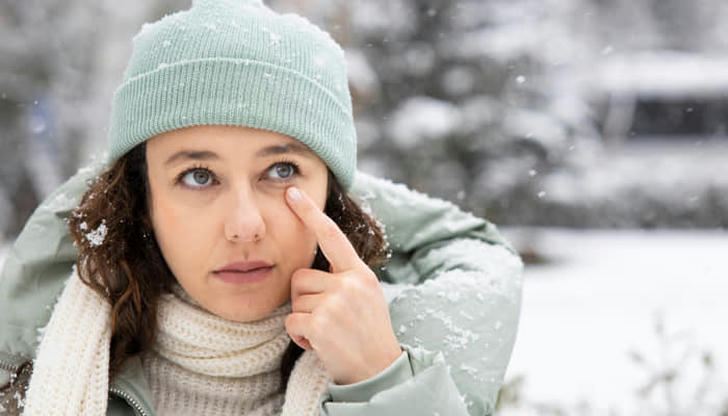
One reason our eyes don’t seem to mind the cold is due to their structure. The eye consists of the eyeball, the eye socket, and various accessories (like eyelids, conjunctiva, and tear ducts), along with blood vessels and nerves. However, the eyeball lacks nerves that sense temperature, which means it doesn’t have cold or heat receptors. The conjunctiva and the skin of the eyelids also have very few temperature receptors, making our eyes relatively insensitive to temperature changes. On extremely cold days, without temperature receptors sending signals to the brain, our eyes remain unfazed by the cold. Additionally, the constant blinking and movement of the eyeball generate heat, and the protective eyelid skin helps maintain a certain temperature while reducing heat loss. So even though our eyeballs are exposed, they don’t feel the cold on chilly days.
3.Dish Soap Can Clean Vegetables
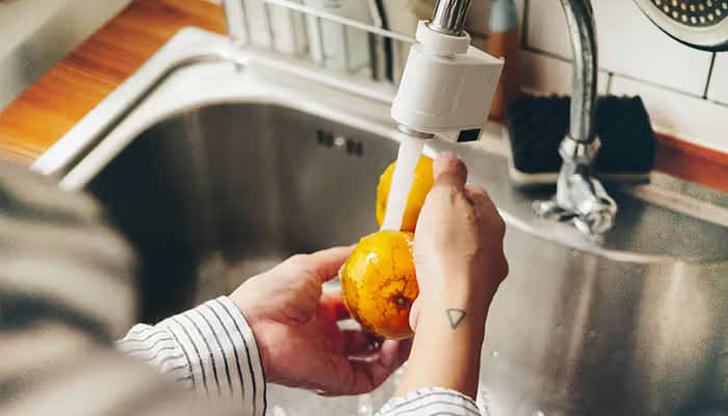
Dish soap is typically used for washing dishes, but it can also be used to wash fruits and vegetables. The produce we eat often has pesticide residues to combat pests, and it’s common knowledge that pesticides can be toxic. Many pesticides are fat-soluble organic compounds, making them difficult to remove with water alone. Without the help of dish soap, it’s hard to completely wash them off. So, even if some soap residue remains after rinsing thoroughly, it poses far less risk than pesticide residues. Therefore, it’s advisable to use dish soap for washing your produce.
4.Frowning Can Lead to Wrinkles
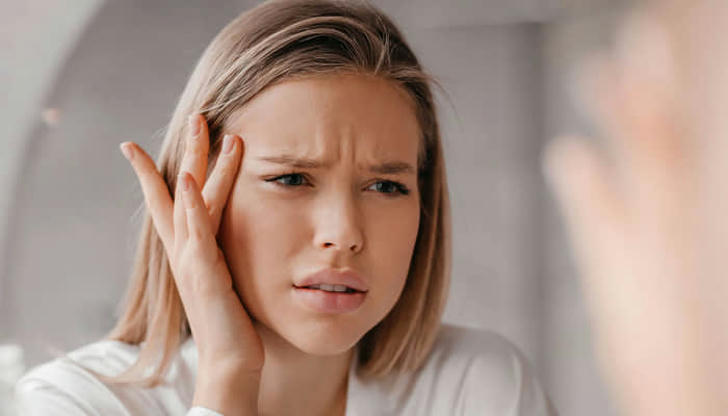
Frowning is a common reaction, especially when people are feeling frustrated. This habit can lead to the formation of wrinkles between the eyebrows, which can affect one’s appearance. It's important to maintain a positive mood to avoid frowning frequently, which helps prevent wrinkles. Constant frowning not only creates lines on the face but can also make a person look older. Frowning increases blood circulation in the area and speeds up overall blood circulation, leading to premature aging. To combat this, try to stay cheerful and distract yourself when faced with stressful situations.
5.In Case of a Car Accident, Should You Jump Forward or Backward?

In a life-threatening situation like a car accident, making the right decision is crucial. If you jump in the direction the car is moving, you will likely be thrown forward due to inertia and suffer severe injuries upon landing. However, if you jump backward, the speed will somewhat counteract your motion, reducing the impact when you hit the ground. Jumping forward can also put you at risk of hitting your head on the ground, increasing the chances of serious injury or death.
6.Which Person Has an Easier Time When Carrying Something Up the Stairs?

You might think the person at the front, who is lifting the load, has the harder job, while the person at the back is just supporting it and therefore has an easier time. However, according to the laws of gravity, the weight of the load is not entirely on the person at the back. In terms of physics, if the load is positioned in the middle of the two people, the weight is evenly distributed, even on an incline like stairs. The perception of who is working harder is simply psychological!
7.Why Do Doctors Ask Patients to Stick Out Their Tongues?
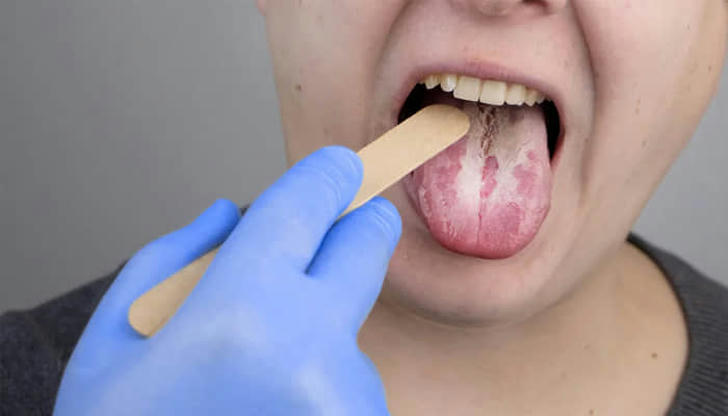
A healthy tongue is light red with a moderate sheen, and it should be flexible when pressed. When someone has a fever, the tongue may lose moisture and crack. If the condition worsens, the tongue may turn white. When the digestive system is not functioning well, the metabolism of fluids may weaken, leading to a thick white coating on the tongue. In Western medicine, examining the tongue is primarily for reference, while in traditional Chinese medicine, it is used to determine health conditions.
8.Why Do You Urinate More When Drinking Alcohol?
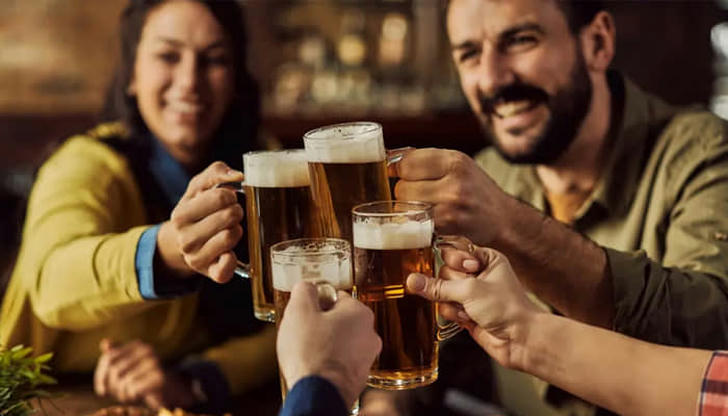
Many people believe that alcohol acts as a diuretic, causing longer urination times. However, this is a misconception. Alcohol dulls our sensitivity to the bladder. Generally, when the bladder fills to about 200cc, we feel the urge to go. But when intoxicated, the bladder can reach its maximum capacity without triggering the sensation to urinate. An adult's bladder can hold about 400-500cc, so when drunk, the amount of urine can be double what it normally is, resulting in longer bathroom breaks.
9.Edamame and Soybeans Are Actually the Same Thing
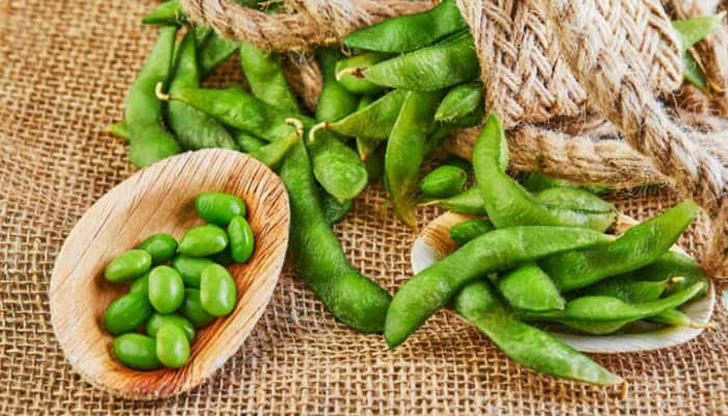
Edamame and soybeans are simply different stages of the same plant. Edamame refers to the fresh green pods, while soybeans are the mature, dried version that has turned yellow. Although both are soybeans, yellow soybeans contain more nutrients and have a higher nutritional value than edamame. So, make sure not to confuse them in the future!
10.Elephants Might Be Thinner Than You Think

Studies in zoology have shown that elephants have a lower body fat percentage than humans. While a newborn baby can have a body fat percentage of around 15%, an adult elephant typically has a body fat percentage of about 10%. Even though elephants appear much larger than humans, they are proportionately thinner.
